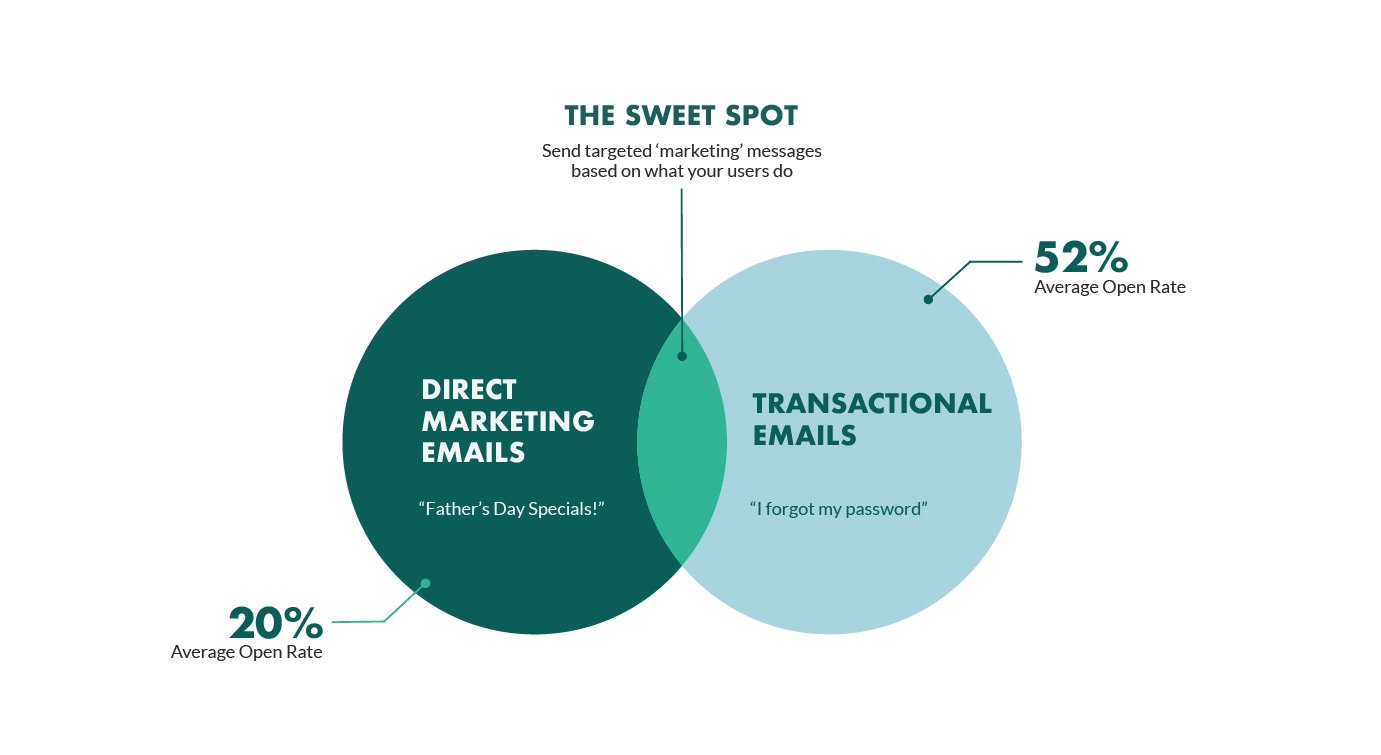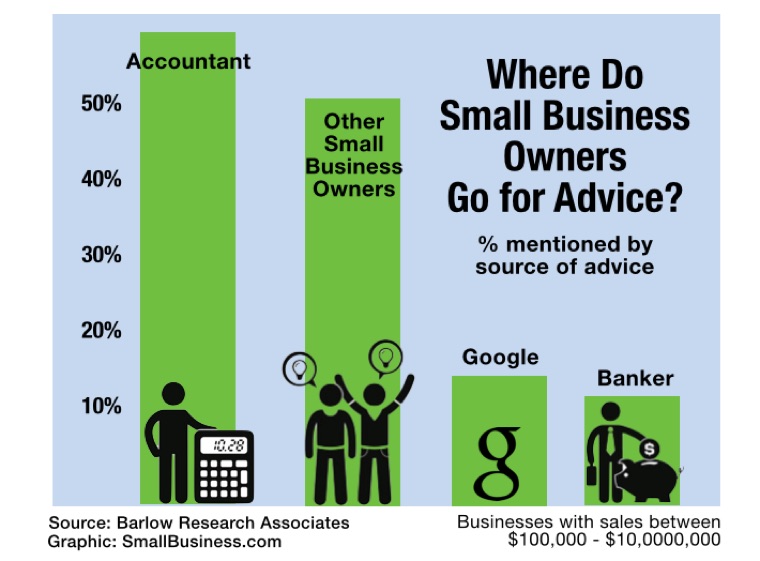Card Holder’s Bill Of Rights Passes House Vote
 Reacting to the massive outcry from credit card holders across the country, The House of Representatives passed The Card Holder’s Bill of Rights which prohibits the types of sudden interest rate hikes and exorbitant fees commonly charged by credit card companies. The bill passed in a landslide bipartisan vote of 357 to 70 attributed to both public outcry and The Obama Administration’s intensive lobbying which was promised during the presidential campaign.
Reacting to the massive outcry from credit card holders across the country, The House of Representatives passed The Card Holder’s Bill of Rights which prohibits the types of sudden interest rate hikes and exorbitant fees commonly charged by credit card companies. The bill passed in a landslide bipartisan vote of 357 to 70 attributed to both public outcry and The Obama Administration’s intensive lobbying which was promised during the presidential campaign.
The bill comes at a time when the total amount of credit card debt in the U.S. has increased by 25% over the last ten years with most of that increase coming in the last few years. As of January 2009, the total amount of credit card debt stood at just under one trillion dollars with an average of $10,679 in consumer debt for each household with a credit card. These numbers are expected to grow because, for many struggling consumers, their credit cards have been the only way source of funds in the face of job losses and the tightened credit markets. Also expected to increase are the numbers of consumers seeking debt relief options such as debt settlement, credit counseling, and bankruptcy as keeping up with the spiraling credit card debt becomes more of a struggle.
The public outcry against the credit card companies started gathering momentum as the companies began raising interest rates and fees in part to offset the losses they were incurring as their mortgage portfolios imploded. In many cases, model consumers that had been paying on time with no infractions saw their rates increase by as much as 80% without notice. The fact that these same banks were accepting billions of taxpayer funds from programs like TARP at the same time only served to inflame the issue further.
Banking activities prohibited by the bill are double cycle billing, retro-active rate hikes, and the issuance of credit cards to anyone under the age of 18. When payments are greater than the minimum payment due, excess funds would be required to be credited against balances with the highest interest rate. Similar legislation is moving through the Senate and is expected to pass within the next few weeks. Proponents are trying to get a finalized congressional package to the White House for its endorsement before the Memorial Day weekend but challenges from opponents trying to weaken or delay the bill are expected. Once signed, the bill’s provisions would not go into effect for another year with the exception of a requirement that card holders receive 45 days notice prior to an interest rate hike. That aspect of the legislation would go into effect 90 days after the bill becomes law.









































